Lesson 1: Voice from practice
Reducing the number of extremely disadvantaged areas is a target in investment programs and projects to support socio -economic development in ethnic minority and mountainous areas. However, when the locality escapes poverty, the policy to support ethnic minority people to buy health insurance will expire, meaning that the financial burden will increase for many disadvantaged families who are unfortunately sick or ill.
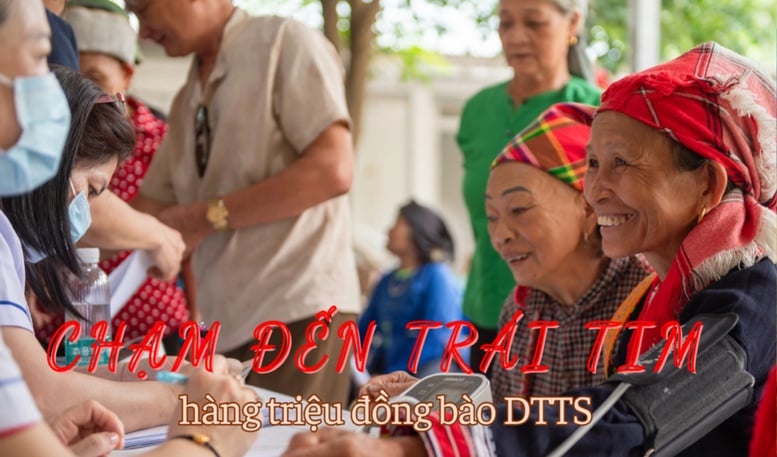
General Secretary To Lam has proposed a policy of moving towards free hospitalisation for the people. This not only demonstrates the determination to care for the health of all people, but is also a strong declaration of the humane and humane nature of the Party and State.
Beneficiary areas change frequently
With investment resources and support from programs and projects, including the National Target Program on Socio-Economic Development in Ethnic Minority and Mountainous Areas for the 2021-2030 period; Phase I: 2021-2025 in Decision No. 1719/QD-TTg (National Target Program 1719), the "core poor" areas of the country have undergone strong changes in many areas. Infrastructure is increasingly improved, economic development potentials and advantages are promoted, contributing to improving the lives of ethnic minorities.
In Report No. 169/BC-BDTTG dated March 30, 2025, the Ministry of Ethnic Minorities and Religions said that at the time of the Survey collecting information on the socio-economic situation of 53 ethnic minorities in 2019, the average income per capita in ethnic minority and mountainous areas was 13.92 million VND/person/year. By the time of the report (March 2025), the average income of the whole region had increased 3.1 times (equivalent to about 43.1 million VND/person/year); it is expected to increase 3.3 times by the end of 2025, equivalent to nearly 46 million VND/person/year.
Along with the increase in people's income, the particularly difficult areas in ethnic minority and mountainous areas also decreased. In terms of communes in region III alone, by the end of April 2024, ethnic minority and mountainous areas had about 100 more communes in region I when meeting new rural standards.
Many areas have escaped poverty, demonstrating the effectiveness of investment and support policies, but at the same time, it also puts pressure on the implementation of social security policies, especially in the field of universal health care, as many ethnic minority households with difficult lives will not be able to benefit from health insurance support policies.
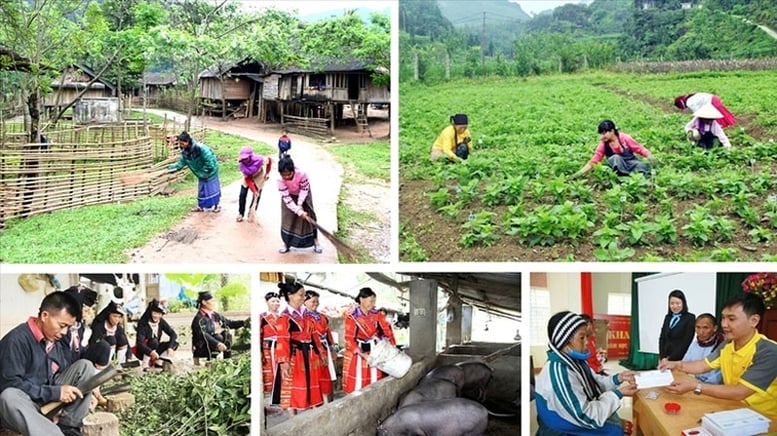
Particularly difficult areas in ethnic minority and mountainous areas are increasingly narrowing.
The clearest evidence is that after Decision No. 861/QD-TTg, from July 2021, there were about 3.1 million people nationwide who previously had their health insurance cards purchased from the state budget, but now because their localities have escaped poverty, they are no longer entitled to that policy. Of these, about 2.65 million are ethnic minorities, most of whom do not have the conditions to participate in health insurance themselves.
In order to ensure that the policy is not interrupted and to promptly support vulnerable groups, on October 19, 2023, the Government issued Decree No. 75/2023/ND-CP amending and supplementing a number of articles of Decree No. 146/2018/ND-CP dated October 17, 2018 detailing and guiding measures to implement a number of articles of the Law on Health Insurance. Accordingly, ethnic minorities living in areas that have just escaped poverty will continue to be supported to buy health insurance, with a minimum rate of 70%.
However, the support policy is only valid for 36 months from the effective date of the decree (December 3, 2023). After this period, ethnic minorities in areas that have escaped from the situation of special difficulty must participate in health insurance themselves, or receive support from another policy (if any).
Financial Burden
Health insurance is one of the "pillars" of the social security policy system. With the attention of the Party and the State, the current level of health insurance payment and the list of drugs, medical supplies, and technical services covered by the Health Insurance Fund are increasingly expanded, meeting the medical examination and treatment needs of health insurance patients. Many expensive drugs and targeted drugs for cancer treatment are also included in the payment list of health insurance.
But as mentioned above, since 2021, under the impact of Decision 861/QD-TTg, about 2.65 million ethnic minorities in areas that have escaped from the extremely difficult situation have stopped enjoying the health insurance purchase support policy, most of whom have not yet had the conditions to participate on their own. From December 2023 to now, although they continue to receive support for 70% of the contribution level according to Decree No. 75/2023/ND-CP, not everyone can pay the remaining 30% on their own.
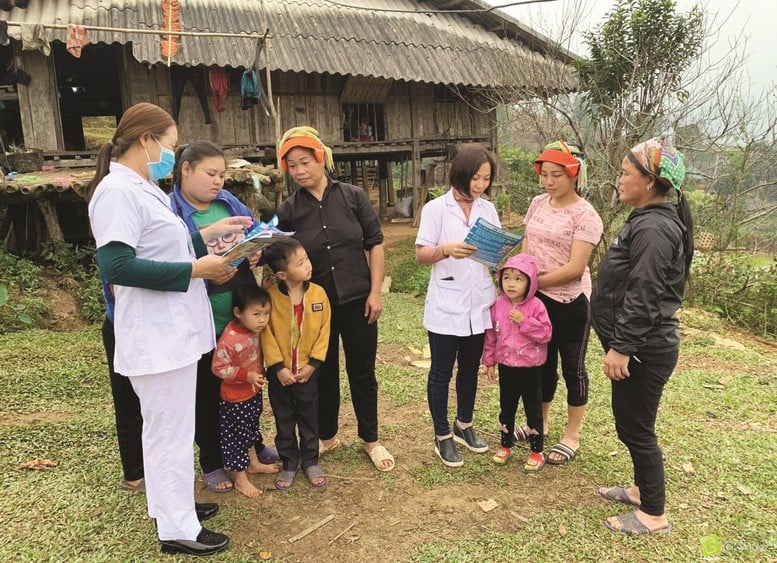
Investing in protecting, caring for and improving people's health is investing in the country's development.
There was a case of a freelance worker from Ba Be (Bac Kan), with an unstable income, who unfortunately suffered from septic shock, severe respiratory failure, and had to undergo dialysis and ECMO (artificial heart-lung machine). Without health insurance, with the cost of dialysis treatment of 15 million VND/session and ECMO machine placement of more than 100 million VND, the family was in a deadlock. Unable to manage finances, the patient had to return home and bet on fate.
Not only in severe cases, but also for many ethnic minorities in remote areas, when they are unfortunately sick or ill, the lack of health insurance makes the cost of treatment a heavy burden. Surveys show that if a patient has to stay in the hospital for 5-7 days for a normal medical examination and treatment, the cost will be from 2-3 million VND; and if they have surgery or high-tech medical intervention, the minimum cost is not less than 10 million VND.
Not to mention that although the Health Insurance Fund has been expanded, some categories of drugs, medical supplies, and technical services are not covered, or only partially covered. As shared by a patient being treated for lung cancer that has metastasized to the liver and bones at the Center for Nuclear Medicine and Oncology (Bach Mai Hospital), the regimen for using immunotherapy drugs for one treatment is 70 million VND/month; not to mention the costs of testing, radiotherapy, chemotherapy, hospital bed fees, and nutritional costs, so the family had to sell their house in the countryside (Nho Quan district, Ninh Binh) to have enough money for the correct treatment regimen.
According to a World Bank report, hospital fees and tuition fees account for 30-35% of total expenditures of poor households in Vietnam. Meanwhile, according to statistics from the Vietnam Social Security, on average the Health Insurance Fund covers 87-89% of total health insurance examination and treatment costs, and health insurance participants are responsible for co-paying 11-13%. Thus, if hospital fee exemption is implemented, it will eliminate the financial burden, helping people, especially ethnic minorities, to access basic health services.
On April 25, 2025, the Central Party Office issued Notice 176-TB/VPTW dated April 25, 2025 on the Conclusion of General Secretary To Lam at the working session with representatives of the Government Party Committee and Central ministries, branches and sectors on the assessment of the implementation results of the Central Resolution on public health care and orientations for the coming time. In the Notice, the General Secretary affirmed: Health is the most valuable asset of each person and of the whole society, the most important foundation for everyone's happiness and the development of the country. Therefore, investing in protecting, caring for and improving people's health is investing in the development of the country.
Therefore, the General Secretary assigned the Government Party Committee to direct the research and development of a Project with a roadmap to gradually reduce the burden of medical costs for the people, moving towards free hospital fees for all people in the period from 2030-2035. The direction of the General Secretary is the goal and reality that we are currently on the right path towards universal health insurance; moving towards free hospital fees and all people have health insurance cards to access, participate in and enjoy medical examination and treatment services.
To be continued…
Son Hao
Source: https://baochinhphu.vn/cham-den-trai-tim-hang-trieu-dong-bao-dtts-102250516172806006.htm


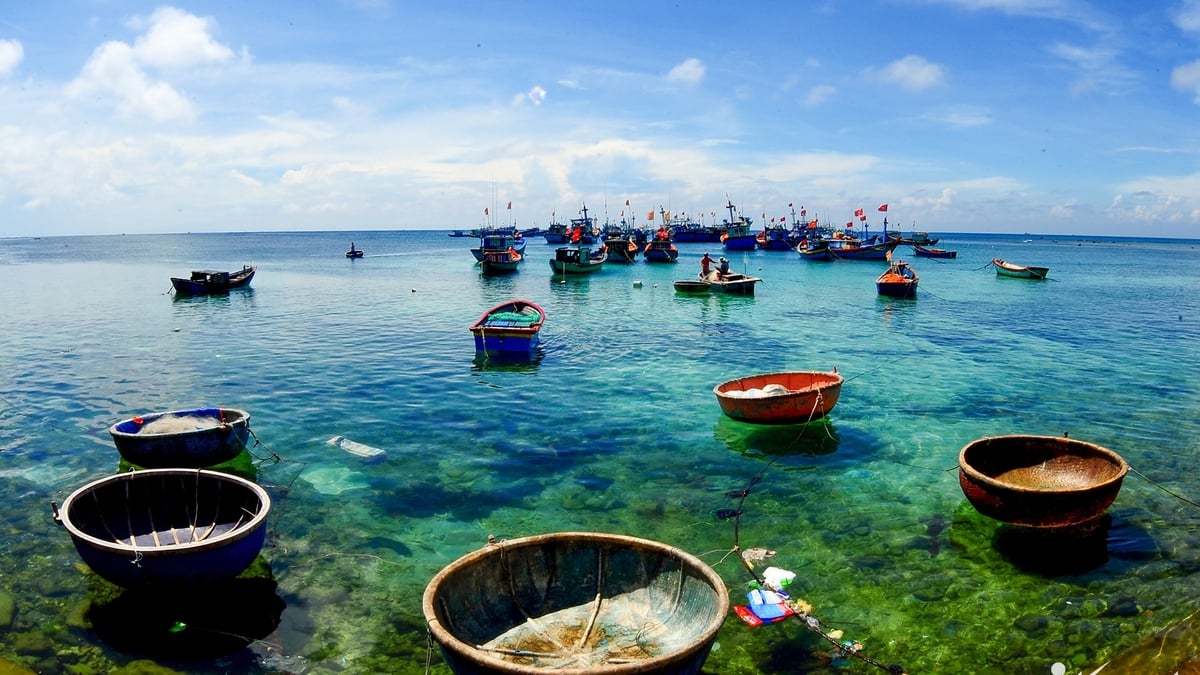
![[Photo] Special flag-raising ceremony to celebrate the 135th birthday of President Ho Chi Minh](https://vphoto.vietnam.vn/thumb/1200x675/vietnam/resource/IMAGE/2025/5/19/1c5ec80249cc4ef3a5226e366e7e58f1)

![[Photo] Party and State leaders visit President Ho Chi Minh's Mausoleum](https://vphoto.vietnam.vn/thumb/1200x675/vietnam/resource/IMAGE/2025/5/19/d7e02f242af84752902b22a7208674ac)
![[Photo] Party and State leaders attend the special art program "You are Ho Chi Minh"](https://vphoto.vietnam.vn/thumb/1200x675/vietnam/resource/IMAGE/2025/5/18/6895913f94fd4c51aa4564ab14c3f250)





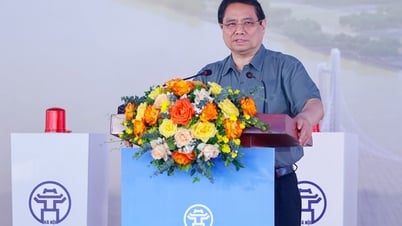
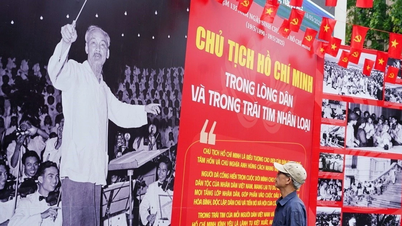








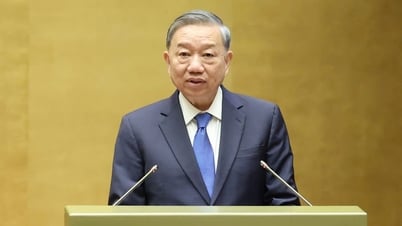
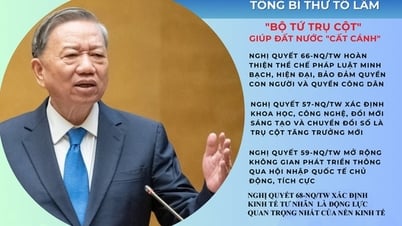



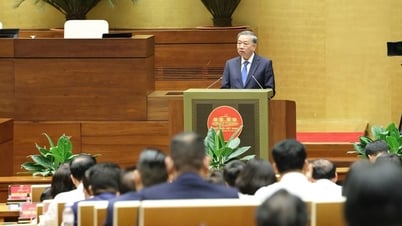













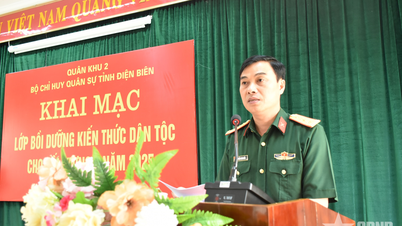



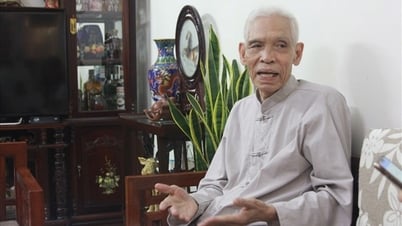





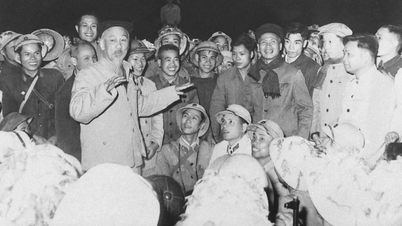

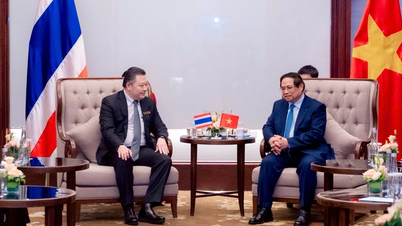
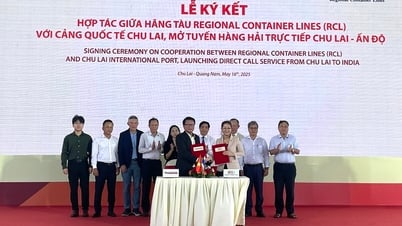



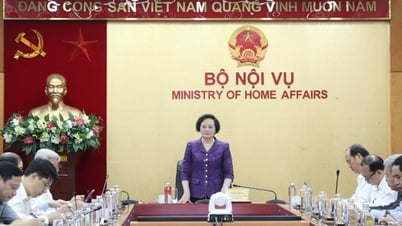

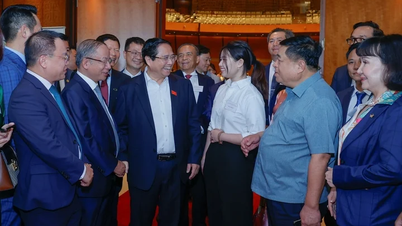





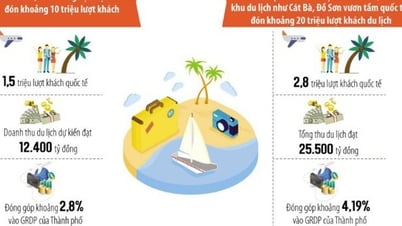







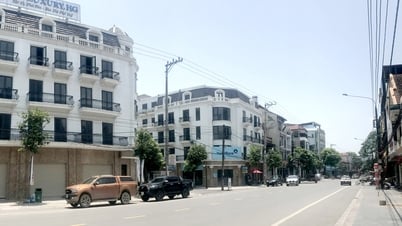

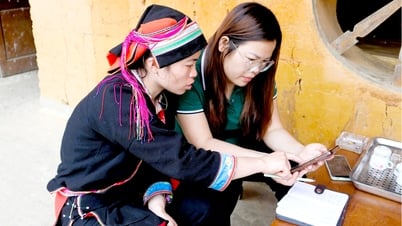
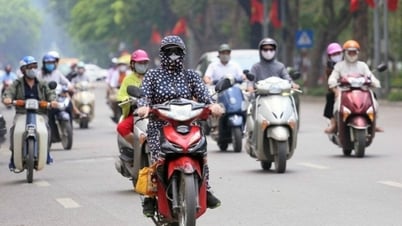

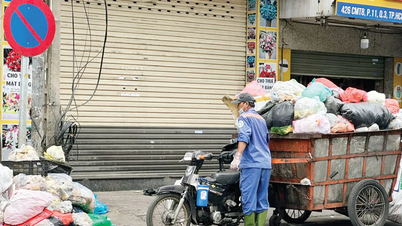
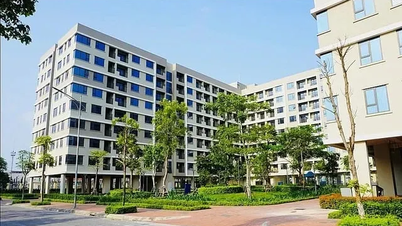
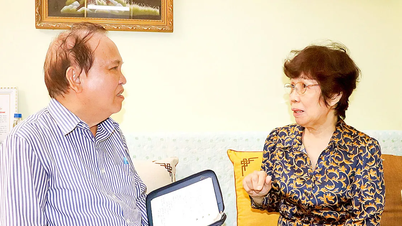










Comment (0)